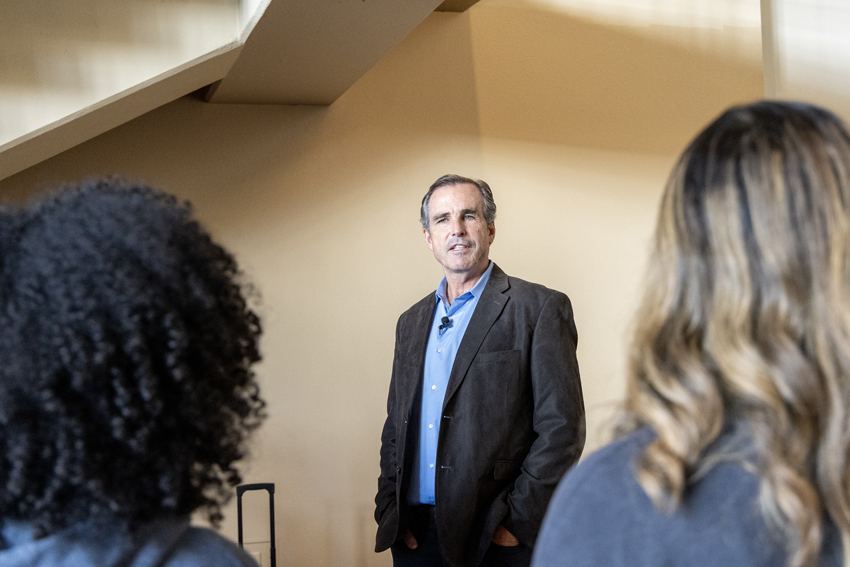While many assume that reading or viewing educational documentaries prevent dulling of the mind, puzzles and those blocks played with as a youngster are recommended to sharpen the mind.
Among the puzzles suggested to avert diseases such as Alzheimer’s is Sudoku, a numbers-based game with the objective to fill in a nine-by-nine grid with the numbers one through nine. Not only does it challenge the mind but players believe it allows them to think critically.
“I play Sudoku everyday,” Da Eun Sunwoo, ’10, said. “It makes me feel smart. I am always so rushed and it calms me.”
American architect Howard Garnes invented the game in 1979, when the modern puzzle was first published by the Dell magazine, Number Place.
“People play Sudoku to continue their thinking process,” Tammy Gallatcher, Fresno City child development instructional aid, said. “Puzzles help academics because there is a correlation between reading and math.”
The current name, Sudoku, did not develop until 1980, when renamed by Nikoli, a Japanese puzzle magazine. Since then, Sudoku’s popularity has increased as a fast way for a brain boost.
“When I was in Jr. High my math teacher in Korea brought Picross,” Sunwoo said. “I was bad at math but I ended up being the fastest at this puzzle, then when I came here I saw Sudoku. I did well and now I can’t stop playing.”
Mike Fenton, math teacher, offers Sudoku as extra credit for each page turned in.
“I think Sudoku is fun and great exercise for the brain,” Fenton said. “The reason why I offer Sudoku as problem solving credit is because I would like more kids to do it; it is healthy for the brain.”
While some students enjoy the challenge of puzzles others find Sudoku to overwhelm the mind.
“I hate Sudoku because it is so hard,” Mike Prentence, ’08, said. “The numbers are all jumbled around and it confuses me; I can rant for hours on how stupid Sudoku is.”
Besides puzzles, Gallatcher advises learning a second language as early as possible to increases cognitive abilities. The everyday tasks such as reading stretches our thinking process.
“We have a child that speaks three languages and she is very intelligent.” Gallatcher said. “Playing with blocks and puzzles at a young age helps develop math and fine motor skills.”






